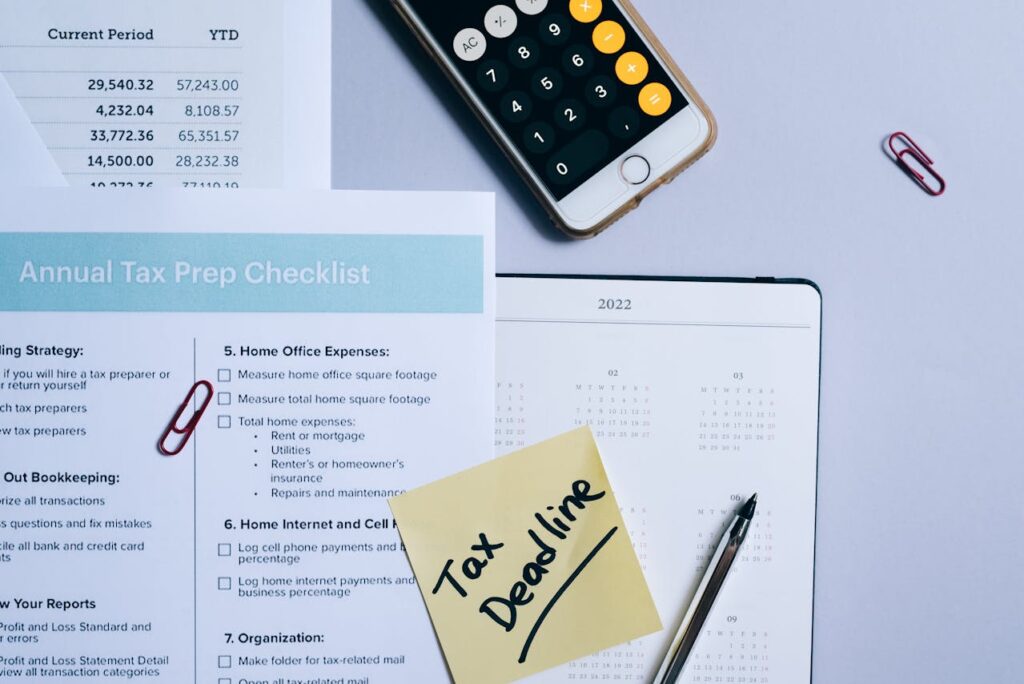Physical Address
304 North Cardinal St.
Dorchester Center, MA 02124
Physical Address
304 North Cardinal St.
Dorchester Center, MA 02124

When it comes to budgeting, there’s one golden rule that can save you from a lot of stress: never count on money that’s uncertain. It’s tempting to plan your spending around every dollar that comes your way, but not all sources of income are as reliable as we might think.
Some income streams are unpredictable, irregular, or simply not guaranteed. That’s why it’s essential to understand which types of income should stay out of your budget, even though they might seem like a good idea to rely on.
In this article, we’ll dive into five types of income you should never include in your budget and explore why it’s important to leave these out. By the end, you’ll have a better understanding of how to build a budget that keeps you financially safe and grounded.
Let’s get started!
For those of us who work in sales or have jobs that come with performance-based bonuses, it’s easy to get excited about extra income. After all, that bonus or commission could really come in handy for things like bills, vacations, or shopping sprees, right?
Bonuses and commissions depend on factors outside of your control—like meeting sales targets, company performance, or the whims of your boss.
One month you may get a huge bonus, but the next month it’s much smaller (or non-existent). This makes it risky to rely on this type of income for regular expenses.
Including bonuses or commission-based pay in your budget can be a trap. If you’re budgeting based on an income that’s not guaranteed, you run the risk of overspending. If that income doesn’t come through, you’ll find yourself struggling to cover the shortfall.
Instead, treat bonuses as a bonus (pun intended!) for things like savings, paying off debt, or treating yourself to something special, but never include them in your regular budget.
Side hustles can be a fantastic way to bring in extra cash, but there’s one catch: they’re often irregular and unpredictable. Whether you’re freelancing, driving for a rideshare service, or selling handmade crafts, the amount you make each month can vary significantly.
Side hustles are, by nature, variable. Some months you may make a lot, but other months, you may barely make enough to cover your gas or materials. Plus, it’s not always clear how much time you’ll have to dedicate to your side hustle in any given month.
Relying on side hustle income to fund your living expenses can set you up for financial disappointment. If your side hustle income doesn’t meet your expectations, you may not have enough to cover your bills.
This is especially risky if you use your side hustle earnings to fund essential needs like rent or groceries. Instead, treat side hustle income as extra money that can go toward savings, paying off debt, or having fun—but keep it out of your regular budget. Here are crazy side hustle ideas to transform your finances.

Ah, tax season—when you might find yourself anticipating a sizable tax refund. It’s exciting, right? After all, that lump sum can feel like a mini-windfall.
The temptation to use it for everything from a vacation to a new gadget is strong, but here’s the problem: tax refunds aren’t guaranteed, and they’re based on overpaid taxes throughout the year.
Tax refunds are often the result of overpayment throughout the year. You may end up with more or less than you expect, and the amount you receive can vary depending on changes in tax laws, your income, or other factors. Plus, if you’re relying on a tax refund to meet regular expenses, you’re putting yourself at risk of being short for the months leading up to that refund.
Since tax refunds are unpredictable, it’s not wise to rely on them as a core part of your budget. It’s better to think of your refund as a pleasant surprise or a way to boost your savings rather than a predictable income stream. Instead of including your tax refund in your budget, focus on creating a budget based on your regular, reliable income. Use the refund to pay down debt or bolster your emergency fund—but don’t build your month-to-month budget around it.

Receiving money as a gift or inheritance can feel like a blessing, but it’s another source of income you should avoid including in your regular budget. While this kind of income might come in handy for big purchases or treating yourself, it’s not something you can count on in the future.
Gift money and inheritances are often one-off events. You can’t control when they will happen or how much you’ll receive. Plus, relying on family or friends to give you money can put a strain on relationships, especially if you’re depending on those gifts for regular bills or expenses.
When you base your budget on gifts or inheritance money, you’re setting yourself up for disappointment. Just because you received a sizable gift one year doesn’t mean you’ll receive another one next year.
Using these irregular sources of income in your regular budget makes it harder to build financial stability. Instead, use gifts or inheritances for non-essential expenses like a vacation, extra savings, or paying down debt—but never as part of your regular budget.
Let’s face it: life sometimes throws us an unexpected surprise. Maybe you find a $100 bill on the street, win a small lottery prize, or get an unexpected payout from a class action lawsuit. These windfalls can be thrilling, but they shouldn’t be counted as income in your budget.
By nature, windfalls are highly irregular and impossible to predict. You could go years without experiencing one, or you might get a small lucky break once in a while. But the key is that these types of income are completely outside of your control and should never be relied upon.
Windfalls are fun, but they’re unreliable. If you build your budget around money you hope to find, win, or stumble upon, you’re setting yourself up for disappointment.
Rather than including windfalls in your budget, use them for one-time expenses or savings boosts. If you happen to receive one, great—but don’t count on it to cover your bills next month.
Now that we’ve covered the types of income you should avoid including in your budget, let’s talk about what you should focus on. Building a budget based on reliable, regular income is essential for long-term financial stability. Here are some tips for crafting a realistic budget:
Your budget should primarily be built around your salary, wages, or any other consistent, predictable income. These are the amounts you can count on each month and should form the foundation of your budget.
Set aside a portion of your income for unexpected expenses. Having an emergency fund will keep you from relying on irregular income like windfalls or side hustle earnings to cover your basic needs.
Instead of relying on tax refunds or gifts, save a portion of your income for larger expenses, retirement, and other long-term goals. Building up your savings ensures you’re financially secure, even when unexpected events occur.
While it’s great to stick to a budget, life can throw curveballs. Have room in your budget for some flexibility, so you can adjust without falling into debt if things don’t go as planned.
Creating a solid budget is about more than just keeping track of income and expenses. It’s about understanding where your money comes from and ensuring you’re not relying on sources that may not always be there.
By avoiding the temptation to include bonuses, side hustle earnings, tax refunds, gifts, or windfalls in your budget, you’ll build a more reliable, stable financial foundation.
Remember, your financial health is best supported by steady, predictable income. With a budget built on reliable sources of money and an eye on the future, you’ll be on the path to financial stability and peace of mind.
So, next time you sit down to budget, keep these tips in mind, and set yourself up for long-term success. Your future self will thank you!